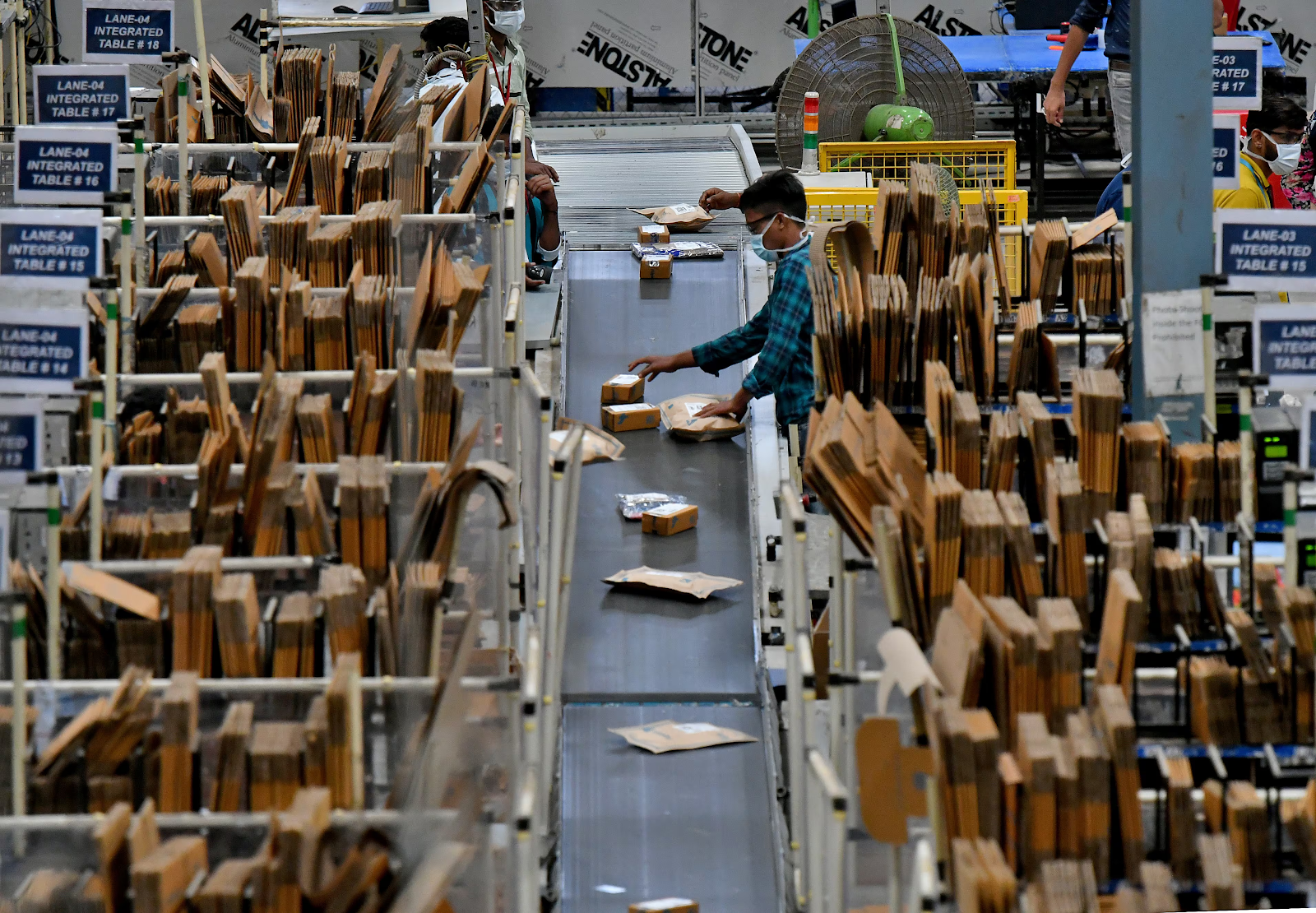Is Samsung quietly turning into a smartphone monopoly—controlling every key part of the industry while hiding behind flashy ads and big launches? Let’s dive into the dark reality behind Samsung’s monopoly.
2. Samsung’s Tactical Market Domination
Samsung doesn’t just make phones—they build essential components: OLED screens, memory chips, processors. In 2024, they held around 19 % of global smartphone shipments and over 80 % of South Korea’s market (India Today). This vertical integration gives them power no other OEM enjoys.
3. The Dark Reality Behind Samsung’s Monopoly
Notably, Samsung Display holds near‑exclusive rights to supply foldable OLED panels—even for Apple’s upcoming foldable iPhone (AInvest). Meanwhile, India’s Competition Commission is probing alleged e‑commerce collusion between Samsung, Xiaomi, Amazon, and Flipkart (Reuters). These are more than business wins—they raise antitrust red flags.
4. The Samsung Smartphone Scandal
Samsung’s “Auto Blocker” (launched July 2024) restricts sideloading third‑party apps, leading to an Epic Games antitrust lawsuit accusing Samsung and Google of collusion (AInvest, New York Post). Earlier scandals—from DRAM price‑fixing fines to misleading water‑resistance claims—illustrate a pattern of pushing the law’s boundaries (Wikipedia).
5. Samsung Mocks iPhone’s Boring Design… Then Copies It
Samsung loves to mock Apple—remember when they ribbed iPhone design in a “Galaxy awaits you” ad (India Today)? The ad mocked iPhone’s “boring” aesthetics, only for Samsung to later adopt similar design elements—removing headphone jacks, using notches, and mimicking UI features . As one Redditor put it:
“Samsung mocks Apple for removing the headphone jack… then they remove the headphone jack from their flagship phones.” (Reddit)
6. The Samsung Dark Truth: Illusion vs. Innovation
While Samsung projects innovation, critics argue it often repurposes existing tech rather than pioneering it. Wired notes Chinese rivals outpacing Samsung in foldables (WIRED), and Reddit users say Samsung simply “copies hardware and Apple copies software” (Reddit). Is this control or complacency?
7. What It Means for Consumers and Competitors
Samsung’s strength can crowd out smaller players—if only they control supply chains, OEMs struggle to compete on price, availability, or experimentation. That dampens diversity in smartphone design and slows real innovation.
8. Conclusion & Call to Action
Samsung’s reach—spanning core components, anti‑competitive business tactics, design mimicry, and software control—paints a darker portrait than its ads let on.
What do you think? Is Samsung’s dominance crossing into monopoly territory or just smart business? Leave a comment and let’s debate!











0 Comments